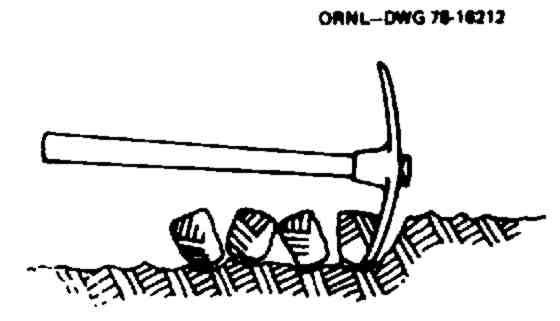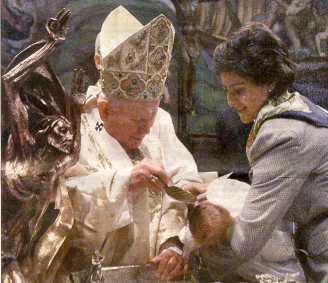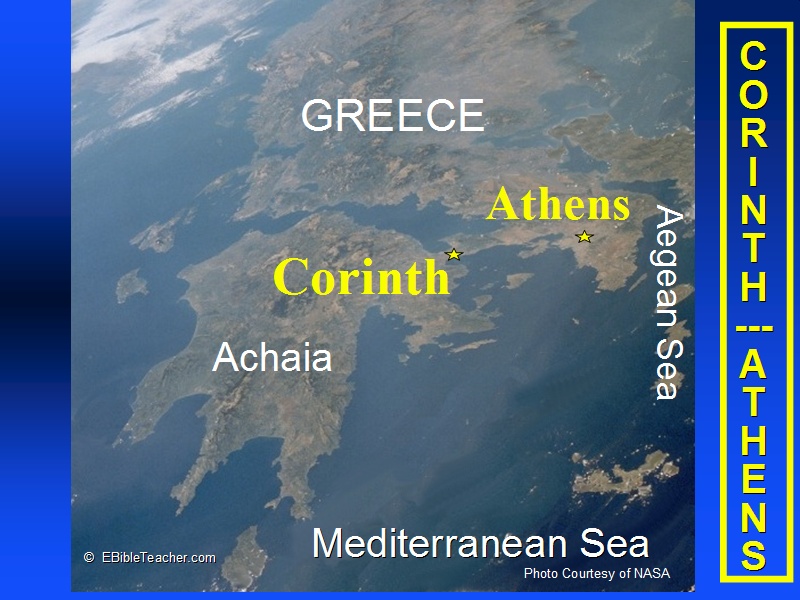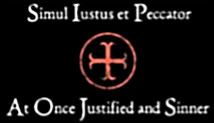
Last Wednesday (July 27th) John Stott passed away at the age of 90 in Surrey, England. But who is John Stott and what's the big deal anyway. John Stott was ordained in 1945 as a minister in the Church of England, and has had an enormous influence on Christianity all over the world. He's written over 50 books, ranging in style from popular/devotional to academic commentaries, history and theology. He was appointed Chaplain to the Throne by Queen Elizabeth and founded numerous organizations, many of which focus on global ministry, particularly in the Global South. He spent a good portion of his ordained ministry as the Vicar of All Soul's, Langham Place in London, and was appointed Vicar-Emeritus after his retirement. Here's an
article from the New York Times written about his life and death.
But what makes Stott so interesting and his death so notable, is that he represented a type of evangelical very unlike what most of the 21st century West has (sometimes rightly) grown to despise about evangelicals in general: he was incredibly gracious and humble. He was passionate about evangelism and Gospel proclamation, biblical faithfulness, and a global understanding of the church. He met with heads of state, global leaders, and people of influence for seven decades, and did so with poise, humbleness, and tenacity.
Sadly, when most people hear "evangelical" they think of 'angry, thoughless, close-minded, fundamentalist'... etc., and unfortunately they don't think of all the things that Stott embodied: thoughtful, exceptionally intelligent, faithful, gracious, and humble, while still maintaining an integrity with his convictions.
The category of global evangelical leader is often readily filled with names like Billy Graham, but, to quote the NYT, "For all his fame on several continents, Mr. Stott’s travels and appearances were remarkably devoid of pomp, befitting his simple message of reason and faith and his unassuming demeanor. Those in his ministries knew him simply as Uncle John. In his later years, he lived in a two-room apartment over the garage of a London rectory, and for many years he kept a small cottage on the Welsh coast, where he did much of his prodigious writing in longhand and, until 2001, without electricity."
I never met Rev. Stott, but I wish I had. I grew up hearing his name and have read many of his books (see below for a list of some of his more well known writings). But I know that he lead, preached, inspired, guided, and formed many thousands of Christians and Christian leaders over the better part of the twentieth century. Most Episcopalians have never even heard of him. So for one of the most remarkable and influential Christian leaders of our time, I bow my head at news of his death, and close with a quote from the President of John Stott Ministries who succinctly and simply sums up Stott's life: "He imparted to many a love for the global church and imparted a passion for biblical fidelity and a love for the Savior."
O God, who by thy Holy Spirit dost give to some the word of
wisdom, to others the word of knowledge, and to others the
word of faith: We praise thy Name for the gifts of grace
manifested in thy servant John, and we pray that thy Church
may never be destitute of such gifts; through Jesus Christ our
Lord, who with thee and the Holy Spirit liveth and reigneth,
one God, for ever and ever. Amen. (Book of Common Prayer, p. 197)
Some noteworthy books by John Stott:
The Cross of Christ
The Message of Romans (Bible Speaks Today Commentary Series)
Basic Christianity
The Preacher's Portrait
The Contemporary Christian
Romans: God's Good News for the World
 Last Wednesday (July 27th) John Stott passed away at the age of 90 in Surrey, England. But who is John Stott and what's the big deal anyway. John Stott was ordained in 1945 as a minister in the Church of England, and has had an enormous influence on Christianity all over the world. He's written over 50 books, ranging in style from popular/devotional to academic commentaries, history and theology. He was appointed Chaplain to the Throne by Queen Elizabeth and founded numerous organizations, many of which focus on global ministry, particularly in the Global South. He spent a good portion of his ordained ministry as the Vicar of All Soul's, Langham Place in London, and was appointed Vicar-Emeritus after his retirement. Here's an article from the New York Times written about his life and death.
Last Wednesday (July 27th) John Stott passed away at the age of 90 in Surrey, England. But who is John Stott and what's the big deal anyway. John Stott was ordained in 1945 as a minister in the Church of England, and has had an enormous influence on Christianity all over the world. He's written over 50 books, ranging in style from popular/devotional to academic commentaries, history and theology. He was appointed Chaplain to the Throne by Queen Elizabeth and founded numerous organizations, many of which focus on global ministry, particularly in the Global South. He spent a good portion of his ordained ministry as the Vicar of All Soul's, Langham Place in London, and was appointed Vicar-Emeritus after his retirement. Here's an article from the New York Times written about his life and death.






























jurassicpark_III_5.jpg)






 So what fills the gap between the ideal and the actual? What fills the void between what we ought to do and what we don't do. Certainly, if we try to fill that gap on our own we will destroy ourselves. There are people who are driven to perfection: they see the ideal and they want it. And they will step on or push aside anyone to get it. Sometimes this pursuit of perfection is all about money. Sometimes power. Sometimes sex. And the list goes on. And the first thing that will be damaged if you try to pursue the ideal on your own is your family, because they will always fall short of your ideal. And so you will get frustrated and angry and squash them.
So what fills the gap between the ideal and the actual? What fills the void between what we ought to do and what we don't do. Certainly, if we try to fill that gap on our own we will destroy ourselves. There are people who are driven to perfection: they see the ideal and they want it. And they will step on or push aside anyone to get it. Sometimes this pursuit of perfection is all about money. Sometimes power. Sometimes sex. And the list goes on. And the first thing that will be damaged if you try to pursue the ideal on your own is your family, because they will always fall short of your ideal. And so you will get frustrated and angry and squash them. 